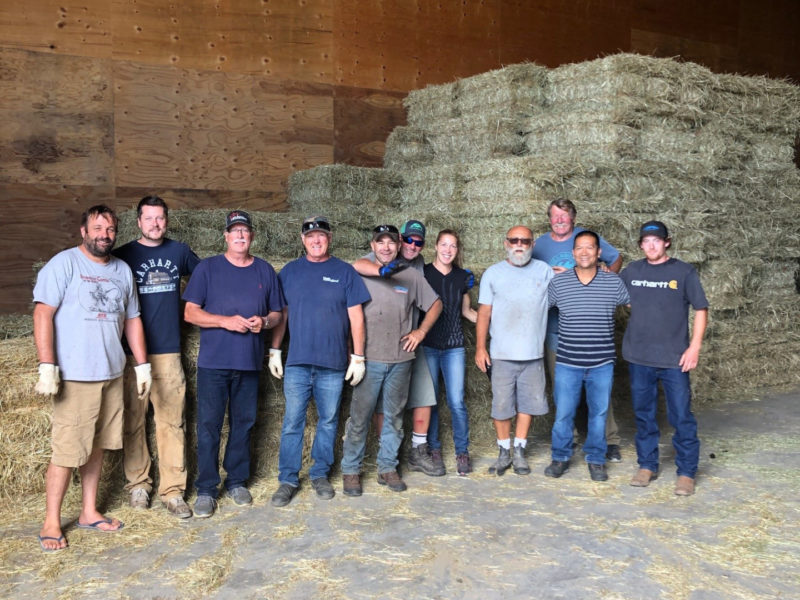BC has announced emergency funding to support farmers and ranchers impacted by wildfires, heat and drought this year.
While the exact amount is undetermined and several details have yet to be worked out, the province has taken the immediate action of invoking the late participation provision of the AgriStability program.
The original deadline was June 30, but that’s been extended until December 31, 2022. Late participants will receive a 20% lower payment than those who enrolled prior to the June 30 enrolment deadline. This lower payment will be partially offset by an increase in interim payments from 50% to 75% of estimated final payments.
Provincial staff tipped the move in discussions with several producer groups at the end of July. While higher interim payments are good news, growers will have to wait “several weeks” from the date of application to receive cash relief.
“We appreciate that government, both provincially and federally, have listened to farmers in BC and across the country and have stepped up to help farmers during a difficult year,” said Danielle Synotte, executive director of the BC Agriculture Council.
However, she said industry encourages BC to increase AgriStability compensation rates from 70% to 80% for the 2021/22 program years. Previous measures authorizing this lapsed at the end of the March.
“We appreciate that BC has been pushing for this change nationally,” says Synotte. “BC needs to continue showing leadership as they have done in the past couple of years and make this change.”
A wildfire emergency feed program will also provide up to two weeks of support for commercial livestock businesses that cannot access their normal feed supply due to ongoing fires. Businesses can also access support if forage has been burned, is unsafe for consumption, or was used earlier in the production cycle than anticipated.
But the program is not intended to supply feed in response to the drought conditions.
A federal-provincial AgriRecovery initiative is also being hammered out to assist farmers and ranchers with recovery costs incurred as a result of this year’s wildfires and drought conditions.
The initiative is funded with $100 million that Ottawa allocated under the AgriRecovery framework announced August 6 to address “the immediate extraordinary costs faced by producers due to the drought and wildfires.” Costs are shared 60-40 with between BC and Ottawa.
A similar program in response to the 2017 wildfires in BC provided $20 million in support to farmers and ranchers, but the province could not pin a value of this year’s program.
The province directs farmers and ranchers to contact their First Nation or local authorities for more information and emergency guidance as these groups are responsible for emergency management decisions in their respective jurisdictions.


 Drought puts focus on livestock nutrition
Drought puts focus on livestock nutrition